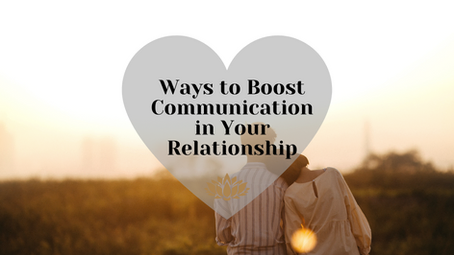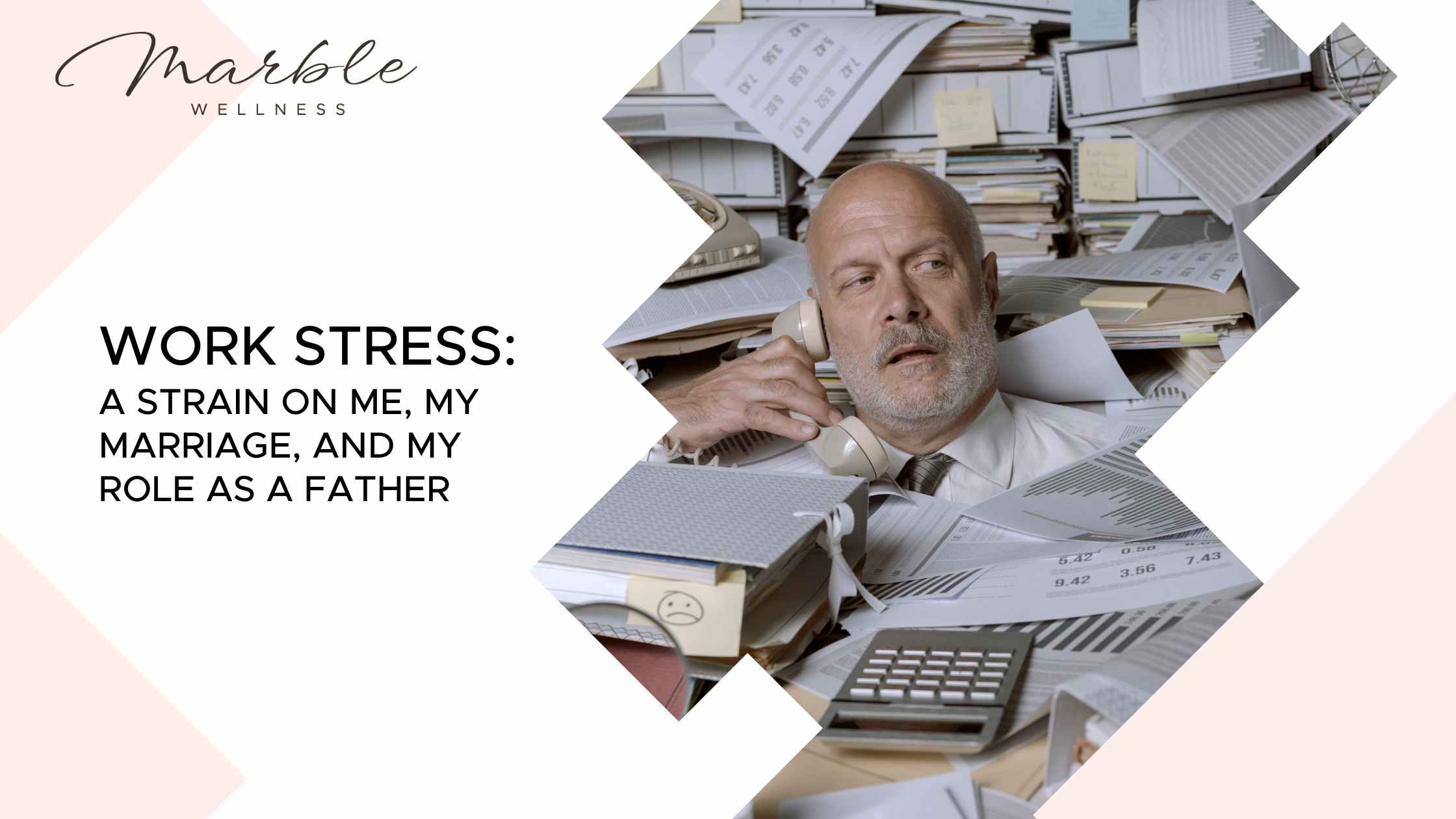We’ve all been there. That place where you and your partner just are not communicating clearly. It’s almost like there’s an invisible wall between the two of you that jumbles the meaning behind your words and sentences so your partner hears something completeeeely different from what you’re saying.
Sometimes, you’re on the opposite side and you’re the one who just cannot figure out what your partner is trying to get you to understand.
It would be laughable….if it weren’t so infuriating.
There are times it’s more than just “not being able to get on the same page” but staying pretty neutral about it. Sometimes, the words are so charged with emotion that the two of you stop communicating altogether. “Why bother? This conversation isn’t going to go anywhere anyway,” you think to yourself. So …you just stop. You decrease communication. Maybe it even turns into silent treatment.
Then there’s that other nasty component that comes up sometimes: fear. (In case you’re reading this and thinking you’re alone on this, let us tell you: fear comes up A LOT in relationships. In our couples counseling sessions we talk through that frequently.) The fear might be that you’ll be seen as “too needy”, “too much.” Fear tells you that you might be “dragging down” your partner with overwhelming emotions. Fear that it will “always be like this; it won’t ever get better.” Fear of not being understood, not seen. The list goes on.
If you’ve run into a place and space in your relationship in which you feel like you and your partner are at an impasse, hear this: you don’t have to stay there!
Or maybe the impasse isn’t big, but you’ve been in a small rut for awhile.
Whatever the case may be, you and your partner can move forward in how you have conversations to a place where you:
- Feel more understood
- Arrive at the same compromise
- Know what your partner means
- Can clearly and effectively communicate what you mean
- And more!

Try these tips to boost communication in your relationship and let us know how they go! Or, if you need additional help with implementing them, adding more tips, or working through some other impasses, reach out to use to get started with couples/marriage therapy.
Ok, so what are the TIPS already?!
5 Tips to Boost Communication in Your Relationship
1. Practice “I” statements. You know the ones. They start with ‘I’ and talk about thoughts and feelings. The formula is: I feel (blank) when (blank) because (blank).
Ex.“I feel sad and alone when we don’t make time to connect because I miss your thoughts and insights about our lives”
Extra tip: A lot of people try to use I-statements and the sentence incorrectly becomes “I feel like you _____.” That is not an I-statement. An I-statement includes a “feeling word” immediately after “I feel”.
2. Practice listening. Like really listening. Ask your partner what they are feeling or thinking, and then just listen. People change their whole mindset when they feel seen and heard. Listening tips include: turning toward your partner when they are talking (and putting down your phone or turning off the TV!); repeating back a phrase or a word they just used (“Ok, so I am hearing you say you’re really upset when I get home later for dinner than when I said I would.”); and to really kick it up a notch, empathizing with their feeling (“Wow. That’s hard!”) Also, ask your partner for the same listening considerations in return!
3. When it comes to meaningful or necessary communication, avoid texting as a default communication method with your partner as much as humanly possible. Even if it feels more comfortable in the moment to have difficult conversations over text, you and your partner are missing the opportunity to connect with your whole selves—and that level of connection will serve you, your partner, AND your relationship much better in the long-term. You all deserve that!
And while that type of face-to-face interaction may seem intimidating, it often is less daunting than we make it in our head; becomes less intense almost as soon as the conversation starts; and truly sets you up for the success you’re looking for more so than a text message.
Note: If you are a person who processes best by writing things down, create a draft email or text of what you might want to say so that you are more aware of your own feelings and feel more comfortable before you have the conversation. This can help you get clear on words you want to use and the accurate messaging you’re aiming for in communicating better with your partner.
4. Practice apologizing, even if you feel like you’ve done nothing wrong. Apologize for the miscommunication. Making sure your “side of the street” is clear creates more space for humility and deeper understanding. And when are those things *not* a good idea? It also shows your partner that you’re coming from a place of willingness and openness.

An apology also usually means your partner is more willing to stay in the conversation with you, which allows more time for true resolution to take place. And there are so many instances where that is exactly what a conversation needs: more time. More opportunities to clarify the message. Get on the same page. Reach a truly agreeable compromise. So use that apology. For your partner’s benefit; for your benefit; and for the benefit of the relationship.
5.) Rethink the idea that your partner should know what you need and how and when you need it. You gotta speak up!
Think about it: how often do you even know your own mind? Now imagine not even living inside your own brain and trying to predict what is going on in there. Pretty hard, right? That’s your partner! Give the person you’re in a relationship with a fighting chance to be a successful partner by communicating much more than you think you have to. Spelling it out for them will actually help you get really clear and it will set them up for success on delivery. And that will ultimately make you feel better—a need that has been met, not a need that has been quasi-, sorta-, kinda- resolved because it was loosely guessed by your partner. Transparency over mind-reading!
To get started with these communication tips, choose one and concentrate on using it over the next week. Feel it out. Fight the urge to return to your old habit. Get good at one of these. Then, try another. Have your partner read this and commit to one also. You’re in the relationship together, so you can be in the change process together! By boosting healthy communication, you both can start to feel better as individuals AND as partners.
If you get started with these and feel like the road is still rocking in your relationship, reach out to us to get started with some couples counseling. Or, if you already know you want help implementing these strategies and more, give us a call and we can get you scheduled!
Start Therapy for Mental Health in St. Louis
If you live in St. Louis and are ready to improve your mental health, we are here to help.
Contact Us!

Additional Counseling Services at Marble Wellness in St. Louis, MO and Chicago, IL
Counseling services designed to help set you on a path of living a more fulfilled, calm, and happy life.
St. Louis
Our St. Louis team of therapists have a variety of training backgrounds and areas of expertise. We specialize in anxiety, depression, grief, chronic illness, therapy for men, couples, and maternal overwhelm. We can also help new moms with various postpartum concerns, moms in the thick of parenting, and moms with teens. We can also chat from wherever you are in the state with online therapy in Missouri and online therapy in Illinois. No matter where you are in your journey, we would love to support you.
Chicago
Our Chicago team of therapists offer a wide range of mental health services to help our clients through the different challenges and hurdles in their life. In addition to anxiety, depression, grief, therapy for men, and maternal overwhelm, we are specialized in professional burnout, therapy for breakups, and love partnering with working moms.



